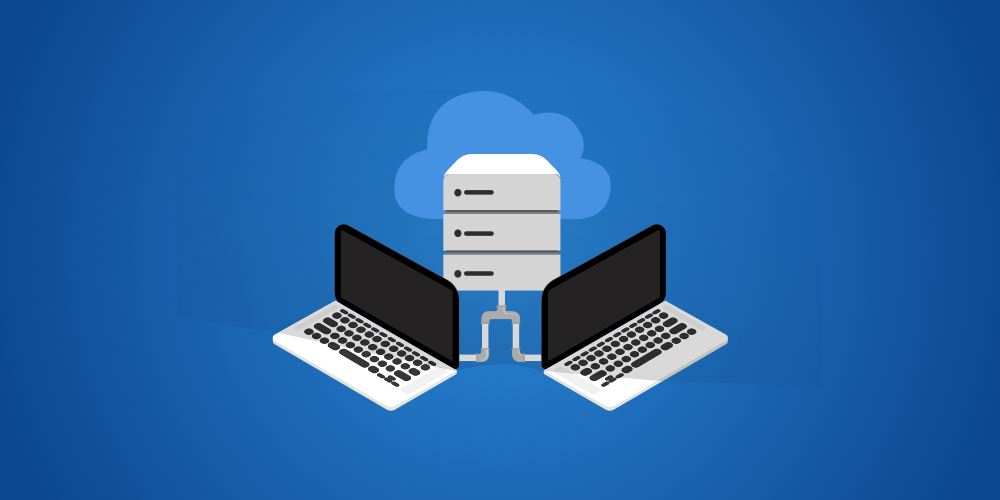In these times, web scraping is incredibly common in the business-to-business space to gather massive amounts of data for market research, price intelligence, lead generation, business automation, and so much more. This, for better or worse, has made website owners progressively suspicious of the practice, and as a result, many have started to implement anti-scraping measures on their websites. CAPTCHA prompts, IP blocks, firewalls, honeypot traps, rate limiting, and website structural changes are some of the many challenges that web scrapers face during scraping.
To help your scraper keep on running, this post will share some common causes of IP bans, along with some valuable tips so that you can now perform web scraping without getting blocked.
Table of Contents
What are the Causes of IP Blocks
IP addresses can be detected and banned due to various factors, including:
- Frequency of requests – Many servers have a time limit set for the number of login attempts. Too many attempts in a short time or with incorrect credentials from one user ID can cause IP blocks as it may indicate a brute-force attack or somebody trying to guess another’s password.
- Use of web scraper – If a web scraping tool sends many parallel requests per second or an unnatural number of requests to scrape large amounts of data, website owners can block scraping bots by checking the IP address in their server log files.
- Regional restriction – IP blocking also takes place via geolocation. It happens when your country imposes bans, or the webmaster does not want visitors from your geographic location to access its content.
- Types of IP addresses – If a user uses shared proxies, there is a good chance that these IP addresses have already been used by others and may be blocked. Whenever a request or action from a given IP address is deemed suspicious to the server, such an address usually gets banned.
Why Use Private Proxies for Web Scraping
If your scraping bot makes several requests from one IP address, the target websites can certainly block that IP. In this scenario, you can use a proxy with varying IP addresses. Shared proxies, which are available for an affordable cost, can assign multiple IP addresses to the users and can be helpful in this case. However, there are better alternatives to a shared proxy server, such as a private proxy.
Also called personal proxies, private proxies carry an exclusive IP address that is assigned to a single user. Unlike shared proxies which are more likely to get banned due to bad neighborhood effects, this type of proxy gives a unique IP address with authenticated access to only one individual at a time, thereby giving them complete control over how and when to use it. Due to this, there are slim chances of an IP getting blacklisted. Also, this results in greater speed and performance, which is useful for scraping.
Another feature that makes it ideal for web scraping is that a private proxy guarantees full anonymity to the degree that not even the server a user connects to gets any information about its real IP address. This is highly desirable in case of attempts to scrape huge amounts of data from the target websites.
Tips to Avoid IP Blocks During Web Scraping
Those who do a lot of web scraping may eventually get blocked. In order to avoid getting blocked or banned by the site you are scraping, follow the below-mentioned tips:
Check Target Site’s Robots.txt File
Before commencing with web scraping, make sure the target site allows it. Go through the site’s Robots.txt file – a standard that websites use to communicate with scrapers and other bots. Perform ethical web scraping, which involves scraping during less busy times and sending limited requests from a single IP address. This is one way of getting past the IP bans.
Go for Private Proxy Servers
Private proxies, residential proxies, in particular, are servers with IP addresses linked to real residential addresses. With these proxies, all requests are routed through real devices. They are known to offer higher security than other proxy servers. Therefore, private proxies are difficult to get blocked or banned at the time of web scraping as they exclusively use real IP addresses. Oxylabs offers an in-depth article on how private proxies can be used to facilitate web scraping.
Consider Rotating Proxies
These proxies are middlemen IP addresses that continually change. Basically, they assign a new IP address from the proxy pool for every connection. Using rotating proxies is a good option if you want to avoid instances of IP bans, as with every connection attempt, you will be assigned another IP address.
Switch User-Agents
User agents (UA) are strings in the header of a request, which help identify which browser is getting used, what version, and its operating system. As each request made by the browser contains it, using the same UA for an unnaturally large number of requests will lead to an IP ban. To avoid this, switch user agents frequently instead of sticking to only one.
Use Multiple Scraping Techniques
Mostly, scrapers use the same scraping patterns, which causes IP blocks. You should fine-tune your scraping bots by adding random sleep delays between HTTPS requests or random breaks while interacting with JavaScript content to copy the behavior of a normal user. Additionally, save scraping for off-peak hours to prevent the target site from overloading. Simply change your scraping pattern every now and then and incorporate random mouse movements or clicks to make web scraping more human.
The Bottom Line
Now, collect loads of public data without worrying about how to prevent bans during web scraping. Simply follow the above-mentioned tips, and your scraping job will go smoothly. Happy scraping!
